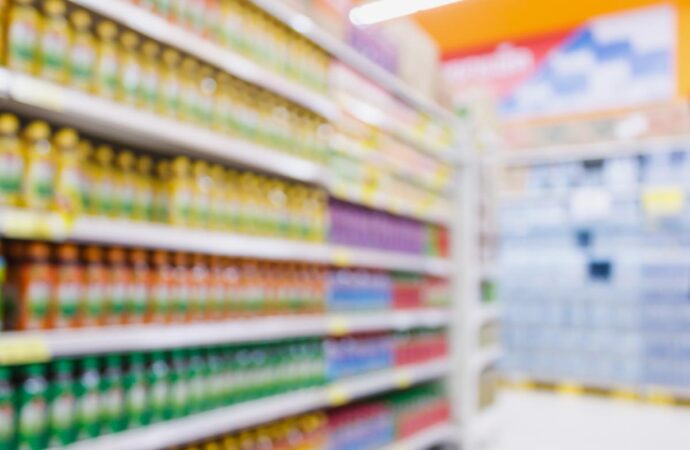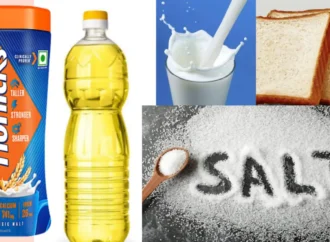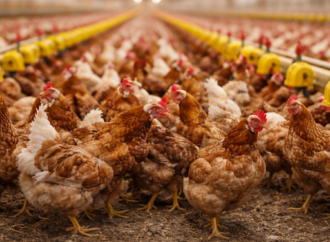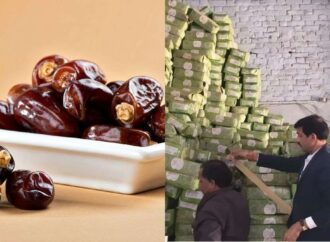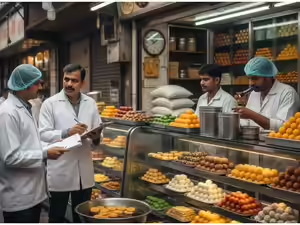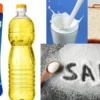Key Development
India’s Free Trade Agreement (FTA) with the UK, announced recently, allows tariff-free imports of British food and drink, chocolates, sweet biscuits, soft drinks, and more. A similar pact with four EU nations points to a likely surge in ultra-processed food imports at lower prices. While this appears to boost trade, it raises serious concerns about children’s health. These imported products are often high in fat, sugar, and salt (HFSS), and experts warn they could worsen India’s growing crisis of childhood obesity, diabetes, and other non-communicable diseases (NCDs).
Ultra-Processed Foods on the Rise
India’s appetite for ultra-processed foods is rapidly growing. From 2006 to 2019, per capita consumption surged nearly 50-fold. Aggressive marketing of HFSS products—often targeting children—drives this trend. Brands use cartoon mascots, celebrity endorsements, and school sponsorships to push unhealthy foods. Earlier this year, Prime Minister Narendra Modi launched an anti-obesity campaign urging citizens to cut down oil intake. But public health experts argue that awareness campaigns aren’t enough. India urgently needs strong policy action—mandatory front-of-pack warning labels and restrictions on junk food advertising, especially those aimed at children.
Global Lessons: Don’t Repeat Mexico’s Mistake
Health experts often compare India’s current trajectory with Mexico’s experience after it signed NAFTA in the 1990s. The deal led to a flood of sugary drinks and processed foods, triggering a lasting public health crisis of obesity and diabetes. Today, Mexican experts call it their “NAFTA moment.” India must avoid making the same mistake. Ironically, while Britain exports HFSS products to India, it enforces strong food regulations at home—traffic light nutrition labels, restrictions on HFSS ads, and a 9 PM watershed ban on junk food ads. Chile, Brazil, Israel, and Mexico have also implemented robust front-of-pack warning labels. The EU continues to tighten rules to protect children from predatory marketing.
India Lags Behind in Labelling and Marketing Laws
India still lacks mandatory warning labels on HFSS (high in fat, sugar, and salt) products. The food industry faces few restrictions and continues to market unhealthy products using vague health claims, cartoon mascots, and celebrity endorsements—even in schools. This isn’t just a policy gap—it’s a growing threat to public health and child welfare.
Stronger regulations are urgently needed to protect children from the aggressive marketing of junk food. Clear warning labels, stricter advertising norms, and responsible industry practices are not just good policy—they are essential for safeguarding the health of the next generation. Without decisive action, India risks compromising its children’s future, one bite at a time.
Source: The Economic Times
 Food Manifest
Food Manifest 